- ABOUT
arrow_drop_down
- PUBLISHING
arrow_drop_down
- Overview
arrow_drop_down
- Journals
arrow_drop_down
- Books
arrow_drop_down
- Sudan
- Diaspora
- Other Books
arrow_drop_down
- Digital Library
- Book Store
- Overview
- CONFERENCES
arrow_drop_down
- Overview
arrow_drop_down
- Past Speakers
- Host Requirements
- Sponsorship Opportunities
arrow_drop_down
- Search All
arrow_drop_down
- Search by Subjects
arrow_drop_down
- Sudan
- Sustainability
- United Nations
- Diaspora
- Africa
- MENA
- Policy
arrow_drop_down
- Climate Change
- Health
arrow_drop_down
- Education
arrow_drop_down
- Women
- Youth
- Leadership
- Business
arrow_drop_down
- Overview
- UNIVERSITIES
arrow_drop_down
- Sudan Universities
arrow_drop_down
- Sudan Universities
- ACADEMY
arrow_drop_down
- Overview
- Teaching
arrow_drop_down
- Research
arrow_drop_down
- Training
arrow_drop_down
- Overview
- Search All
arrow_drop_down
- SUSTAINABILITY MASTERCLASS
arrow_drop_down
- PUBLIC POLICY
arrow_drop_down
- Public Policy
- Education
- Higher Education
- Health
arrow_drop_down
- Women
- Youth
- Security
- DIGITAL TRANSFORMATION
arrow_drop_down
- BUSINESS & MANAGEMENT
arrow_drop_down
- SUSTAINABILITY MASTERCLASS
- Consultancy
arrow_drop_down
- COMMUNITY
arrow_drop_down
- EXPERTS
arrow_drop_down
- Overview
- Sudan Who’sWho
arrow_drop_down
- Sudan Doctors
arrow_drop_down
- PARTNERSHIPS
arrow_drop_down
- Overview
- Universities Partnerships
arrow_drop_down
- Partners
arrow_drop_down
- United Nations
arrow_drop_down
- Collaboration
arrow_drop_down
- Reports
- Events
- Collaboration
- Association of African Universities
- World Organisations
arrow_drop_down
- Search All
arrow_drop_down
- IATA
- United Nations
- International
- Foundations
- Private Sector
arrow_drop_down
- Financial Institutions
- Think Tanks
- Libraries
- NGOs
- Students
- Research
- Search All
- NEWS

Editorial Advisory Boards
WASD is very keen to include members in the Editorial Advisory Boards (EAB) from all parts of the world particularly those from the Developing Countries (DCs) ensuring a good level of diversity in terms of cultures, age groups, levels of experience and gender. We are also very keen to include distinguished academics and professionals from key national universities and research institutions. We are also very keen to include members from women, youth and young academics and researchers to ensure we have a good mix in all our various EABs. We also very keen to ensure each EAB members’ expertise represents all the subject areas covered by the journal’s scope (including areas we plan to grow into). We are very pleased that all our editorial committees are truly international in terms of their interests and range of specialization. The validated academic background that they bring to bear on the quality of the review as well as their geographic areas of interest foster a uniquely different editorial experience. WASD is very grateful for all our distinguished EABs who graciously offering their invaluable comments that have enriched the quality of the papers in all our publications and also for making available to us their valuable time and efforts.
We continuously looking for nominations for distinguished academic and professional colleagues who will be interested to join the Editorial Advisory Board (EAB) to support our journals. Please contact Janet Snow (janet.snow@wasd.org.uk) if you have any question and/or you need any help.
Please note your duties as member of the EAB includes but not limited:
- Promote the journal, nationally and internationally. In doing so please promote the editorial scope and focus of the journal, the appointment of new EAB members, relevant conference and promotional opportunities, market insights, and best paper nominations. You can also promote the journal by sharing new content alerts with your networks and recommending the journal to your organization’s information professional.
- Liaise with the Editor-in-Chief (where applicable) in all matters, particularly selection of reviewers and recommendations for acceptance for publication in the journal.
- Develop a list of reviewers with their particulars: i.e., name, title, institutional affiliation, mailing and e-mail addresses, telephone, and fax numbers. We will need to acknowledge all reviewers in the journal at a later stage.
- Conduct the paper review process. Please do so quickly and pay full attention to any deadline.
- Submit your own articles to the journal as well as promoting and encouraging the submission of articles to the journal. This is a useful way of sourcing papers from your contacts particularly at the national and regional levels to ensure that the full subject remit of the journal is covered. Please give greater flexibility to papers that are research-in-progress.
- Provide occasional guest viewpoint or comment articles, this can simply be in the form of a short piece on a topic that interests you and/or the readers of the journal.
- Act as a journal ambassador to help spread the word about the journal at conferences or in discussions with interested colleagues/contacts, remember social media is an excellent tool particularly during the global lockdown.
- Whenever possible, act as a Guest Editor for the journal special or themed issues, please check more details here.
- Act as a strategy advisor and provides feedback by sharing helpful criticism/information with your EIC to assist in the development and direction of the journal:
- Subject expertise: is the journal meeting the needs of communities.
- Direction for the journal: the editor and the Board should together define goals for the journal and set strategies.
- Competition: how are the competitors doing?
- Ideas and innovations.
- Assessing the journal situation: what is working or not? What characteristics of the journal should we maintain?
